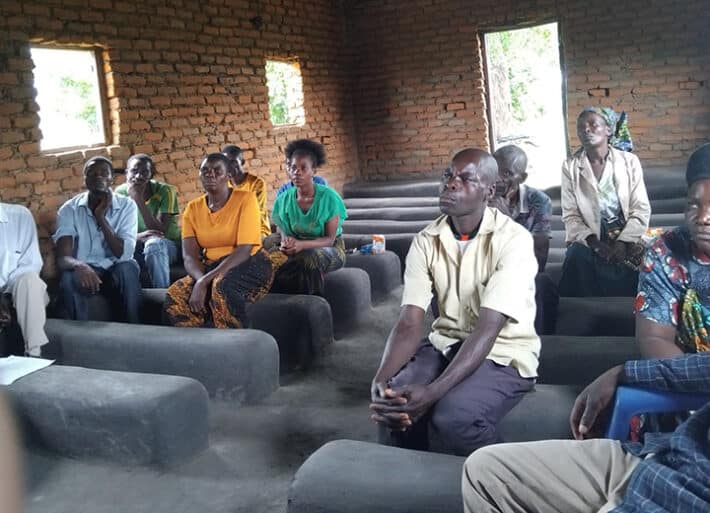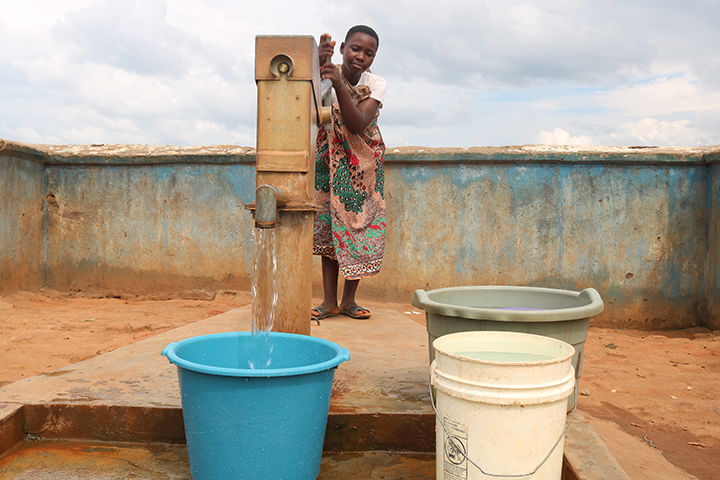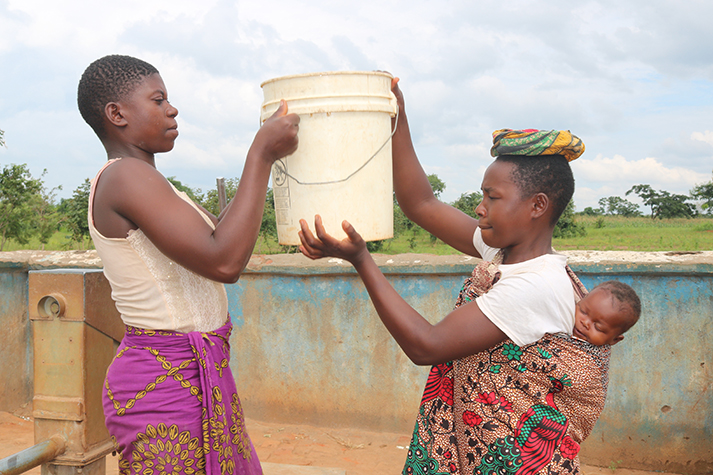Walking for Water
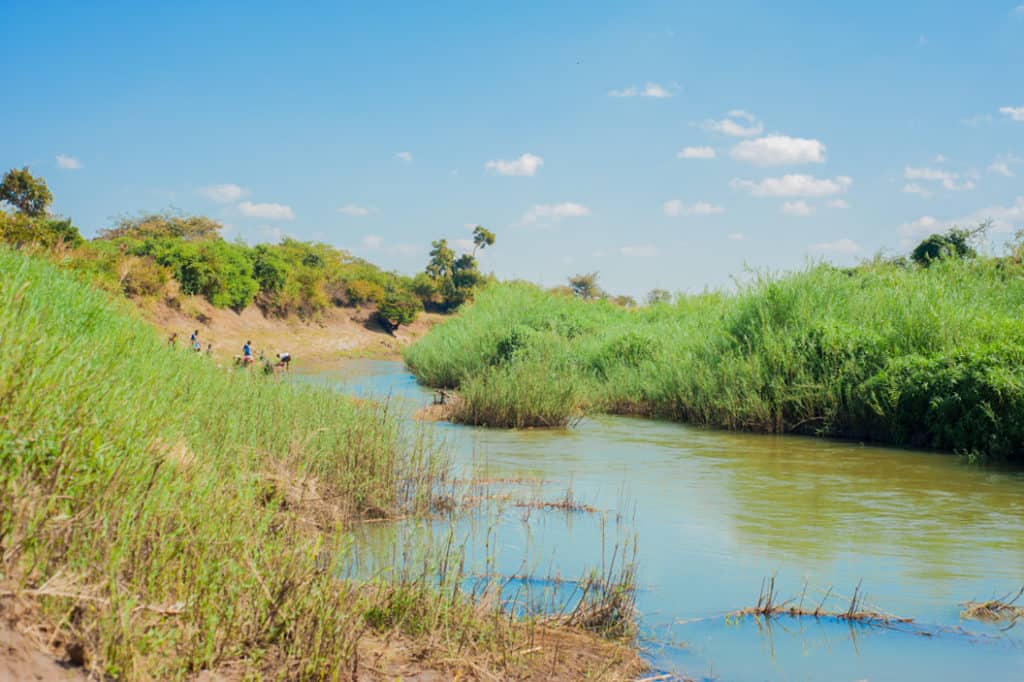
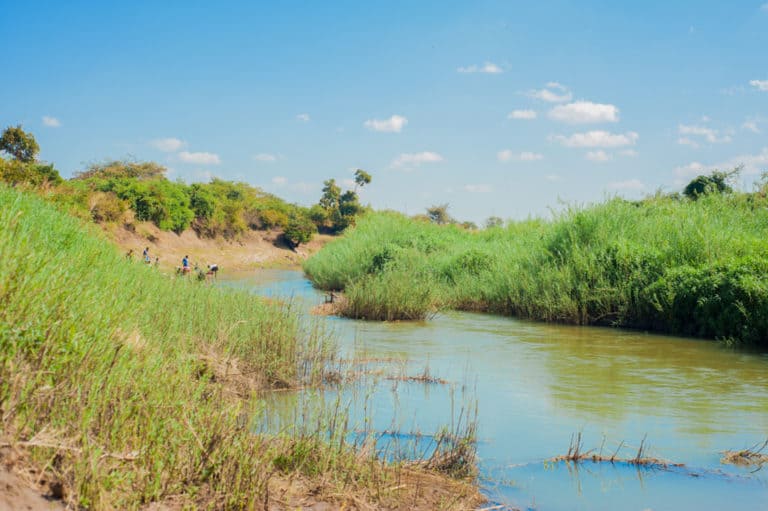
Imagine you are a school-aged girl in Malawi. You dream of becoming a teacher. When you’re not at school or doing chores, you’re teaching your little brother the alphabet. You delight in seeing him recognize the difference between M and W. You are a diligent student. At school, you inhale new information like it’s air. At night, you sneak outside to study by the light of the moon. Your teachers like you. But they also get frustrated by you. More often than not, you are two hours late to class.
Your parents get frustrated, too, but for different reasons. It is your duty to fetch water for the family. First thing in the morning, you hike 20 minutes to a crocodile-infested river, your closest water source. You are hyper-vigilant. Last year, a woman and her child were killed in a crocodile attack. They, too, were collecting water. You work quickly. Carrying 40lbs of water, you trek back home. The water weighs as much as four paint cans, but you are strong. You have to be.
River water isn’t safe to drink. Your mother uses it only for cooking and washing. Still, it exposes you and your family to water-borne diseases. When you were eight, you had such a bad case of cholera, your family thought you would die. It is a miracle you didn’t, they tell you. Like it is a miracle your brother survived diarrhea when he was three, then again when he was five, and again when he was six.
When you return from the river, your mother asks you to walk farther for a second haul. You must now collect drinkable water, which you can find at the nearest hand-pumped borehole. It is 25 minutes’ walk from your home, at the end of a line of other people. The borehole isn’t reliable. It frequently breaks down, but the water from it is clean. “I can’t go,” you tell your mother, “I have school.” But she insists. Family comes first. Survival comes first. You cannot argue.
After two treks for water, you walk another 3 kilometers to school. This takes you 30 minutes. You arrive exhausted. You worry you cannot keep up with the curriculum. You’re nervous that you’ll have to drop out, that you’ll never become a teacher. Your whole life, dreams, and future are tied to what you have or don’t have in the present. Without basic necessities like clean water, food, and healthcare, it’s hard for you to accomplish your dreams. It’s hard for you to dream at all. You, like many, are stuck.
4.5 million people in Malawi don’t have access to a safely managed water source. Without drinking water, the body’s organs cannot function. Brains swell. Kidneys fail. Exhaustion lingers. People are more likely to get ill and less likely to be productive. This limits economic, personal, and communal growth.
Orant believes that in order for communities to grow out of poverty, they must achieve stability. Clean water is the first step. Learn more about our water program here.


